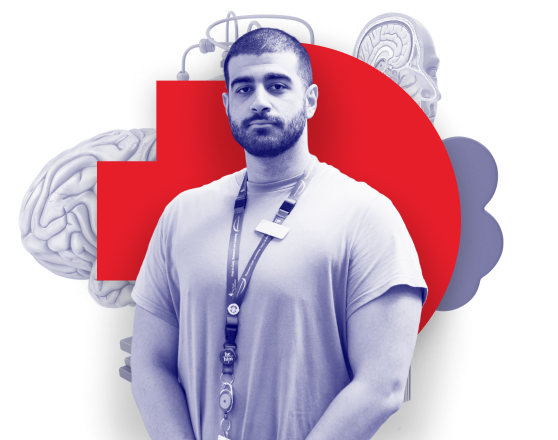You’ll experience a range of learning environments, participating in lectorial seminars, a diverse range of placement duties, and supervised academic research.
Lectorials are used extensively in this degree to communicate knowledge and guide student learning.
A large proportion of time is spent under supervision in the on-campus Health Sciences Clinic treating clients presenting with a variety of psychological, educational and developmental problems.
RMIT’s clinical psychology service offers high-quality support for children, adolescents and adults. It allows postgraduate students, registered as provisional psychologists, the opportunity to treat the general public under the supervision of senior clinical staff, all of whom are registered practitioners.
In addition, you’ll be required to undertake two practicum placements off-campus in supervised psychological practice (minimum of 40 days and 60 days, respectively) in agencies such as hospitals, clinics and other health facilities.
Casework subjects and field placements comprise a minimum of 132 days of practicum experience. You'll also do a supervised research thesis. In addition to this, students complete a supervised research project, reporting their findings in a thesis document at the conclusion of the program.
Clinical practicum training
Practicum training provides our trainees with opportunities to develop clinical skills through a wide variety of clinical practicum programs and internal and external clinical placements. As a trainee, you’ll undertake four internal practicums (minimum of 40 days each) in the RMIT Health Sciences (Psychology) Clinic, as well as two practicum placements (40 and of 60 days each respectively) in external agencies such as hospitals, clinics and other health facilities. During the practicum training, you will learn and practice clinical skills under the supervision of experienced clinically-endorsed, AHPRA-registered supervisors.
